Uptime Institute have just released their 2024 Data Center Staffing and Recruitment Survey. Conducted in August this year, the survey had a total of 857 respondents and showed some interesting trends.
Here are the six key takeaways from the Data Center Staffing and Recruitment Survey:
1. Increasing in hiring
Data centres continue to expand their hiring, with new roles being added at a consistent rate. When asked the question: “How would you characterise the number of new hires in your organisation’s data centre(s) at this point in 2024 compared with the same point in 2023?”, 35% said that there were more hires, and 45% said there were the same number of hires.
2. Higher salary spending
57% of organisations reported an increase in salary spending, while only 6% have reduced it.
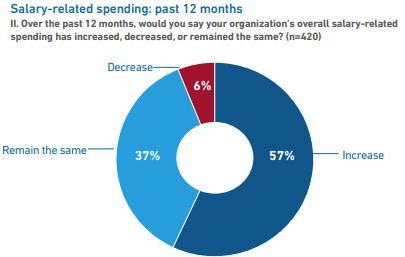
3. Operations roles had largest increases in salary-related spending
Operations management and junior/mid-level operations roles showed the largest rise in salary-related spending, while design and cabling/IT showed the smallest rise in salary-related spending.
4. Temporary and contract growth
Junior and mid-level roles are increasingly filled by temporary or contract workers. On the other hand, senior management and design roles are the least likely to be filled by temporary or contract workers.
5. Decline in new entrant programmes
There’s a year-over-year decrease in initiatives to hire entry-level employees.
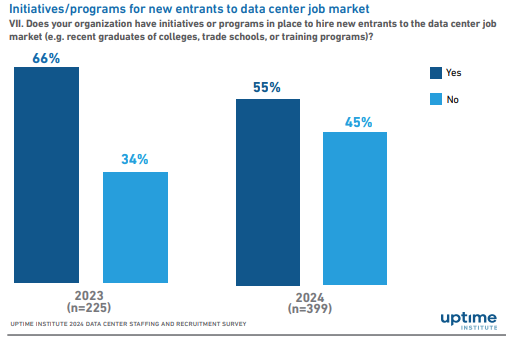
6. Mentorship decline
Fewer organisations are offering mentorship programs for data centre employees. In 2023, 60% of organisations had a formal mentoring programme in place for data center employees. In 2024, this number has reduced to 51%.
Subscribe to the DC Digest
Your fortnightly update on everything going on in the data centre industry, all in one place.
DC Digest
Recent data centre news:
- Weekly Data Centre News – 7th November 2025
- Weekly Data Centre News – 31st October 2025
- Weekly Data Centre News – 24th October 2025
- Weekly Data Centre News – 17th October 2025
- Weekly Data Centre News – 10th October 2025
Inside Data Centre Podcast
Other insights
-
Is the Data Centre Industry Doing Enough for Women?
We’ve known for a while that a gender imbalance exists in the data centre world. But when only 8% of respondents to our 2025 Data Centre Salary Survey were female – roughly one in twelve – it brought that reality into sharper focus
-
Why Data Centres Are Becoming a Magnet for Young Talent
Young professionals are being presented with the opportunity to be part of a lucrative and rapidly-evolving sector. In our 2025 Data Centre Salary Survey, 1,500 people from around the world shared their compensation packages and feelings towards the sector.
-
2025 Data Centre Salaries
DataX has today, on National Data Centre Day, released the results of its 2025 Data Centre Salary Survey, marking the company’s fifth birthday with its most comprehensive report to date.
-
Shaping Future Talent at UTC Swindon
Activate Learning Education Trust (ALET) are wrapping up the academic year with a series of high-energy Challenge Days, one of which was at UTC Swindon.
-
The Data Centre Power 50
We’re proud to share that Andy Davis, Director at DataX Connect and host of the Inside Data Centre Podcast, has been named in the Datacloud Global Power 50 – a list that recognises 50 of the most influential figures shaping the future of the data center industry.
-
Power, Pricing, and Pipeline: CBRE Report 2025
This article summarises the key takeaways from CBRE’s Global Data Centre Trends 2025 Report, exploring the state of power, inventory, vacancy, absorption, and availability across global markets.
2 responses to “6 Important Takeaways from the Uptime Institute 2024 Data Center Staffing and Recruitment Survey”
-
I went over this internet site and I think you have a lot of wonderful information, bookmarked (:.
-
some genuinely interesting information, well written and broadly speaking user genial.





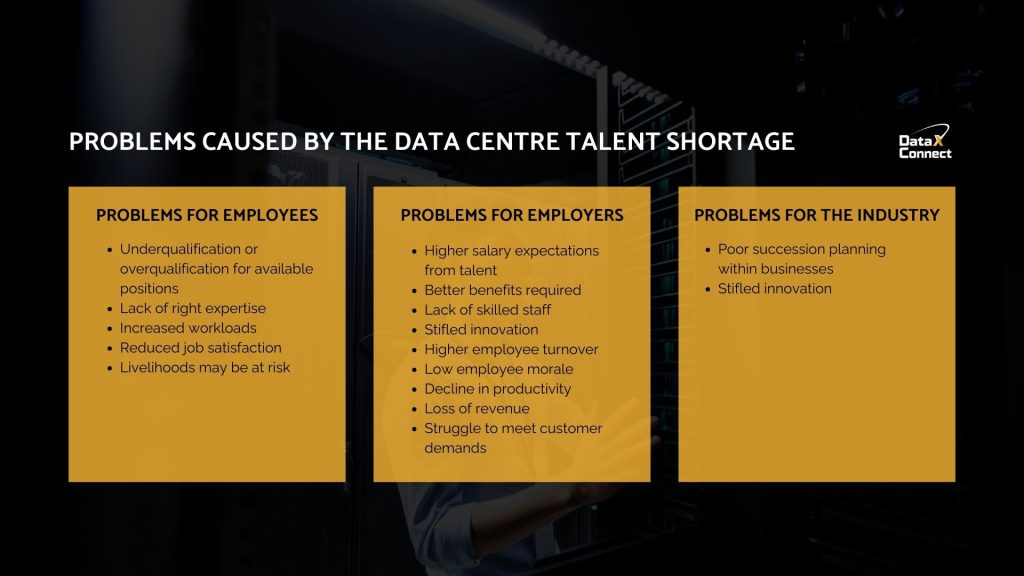


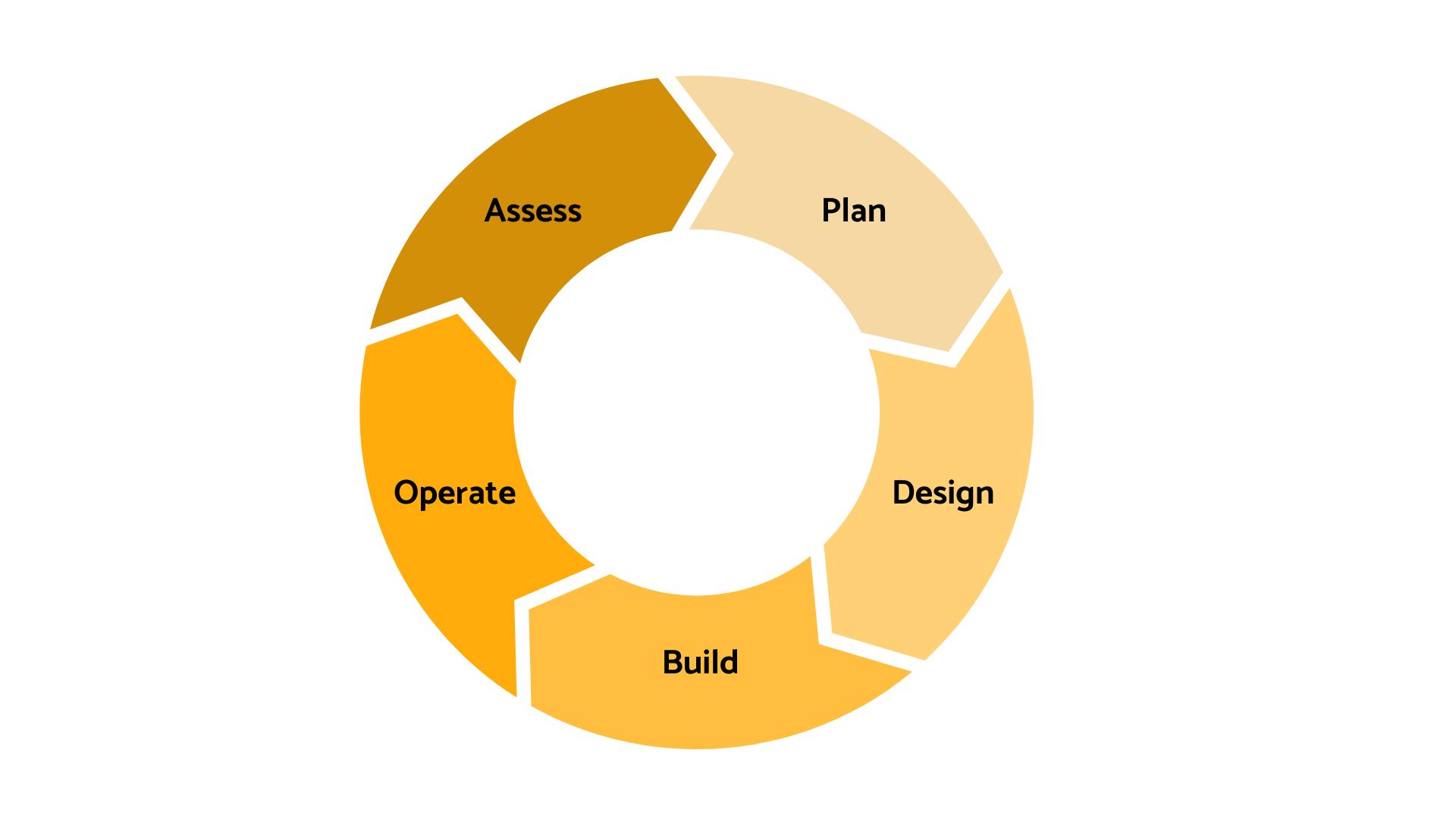



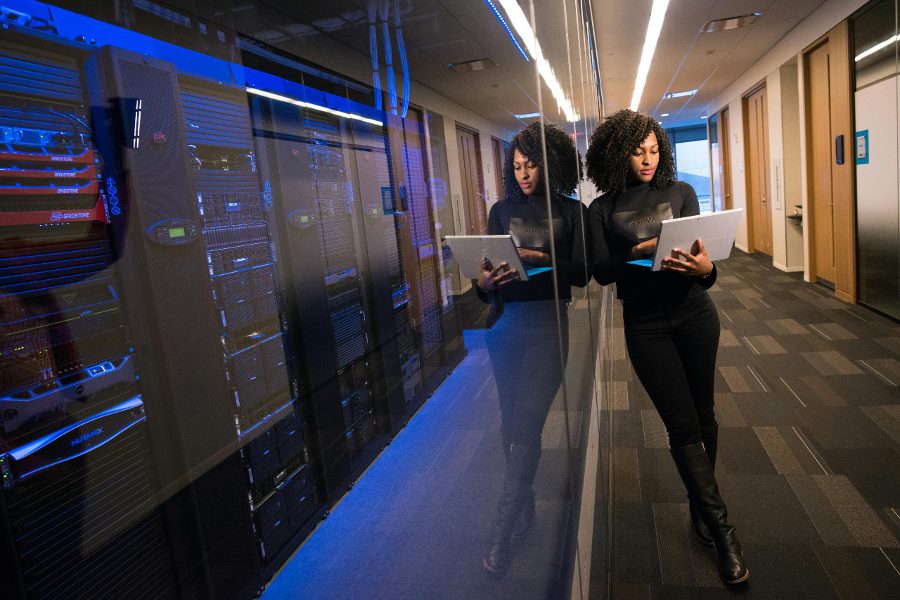


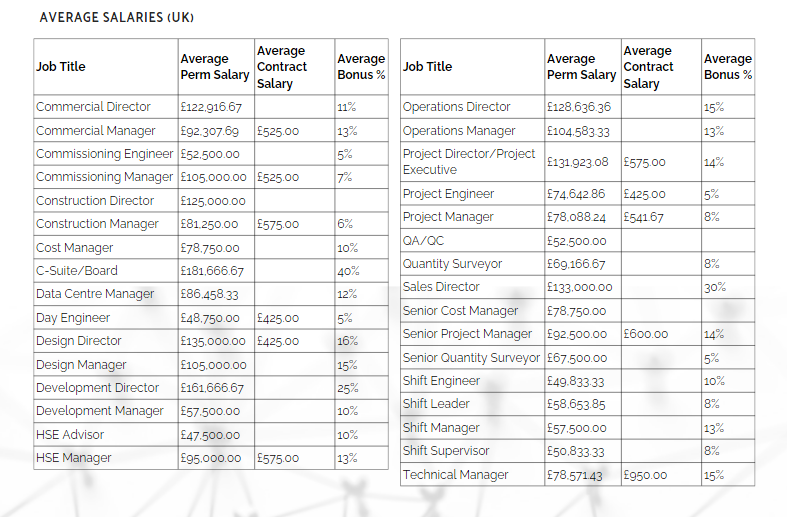
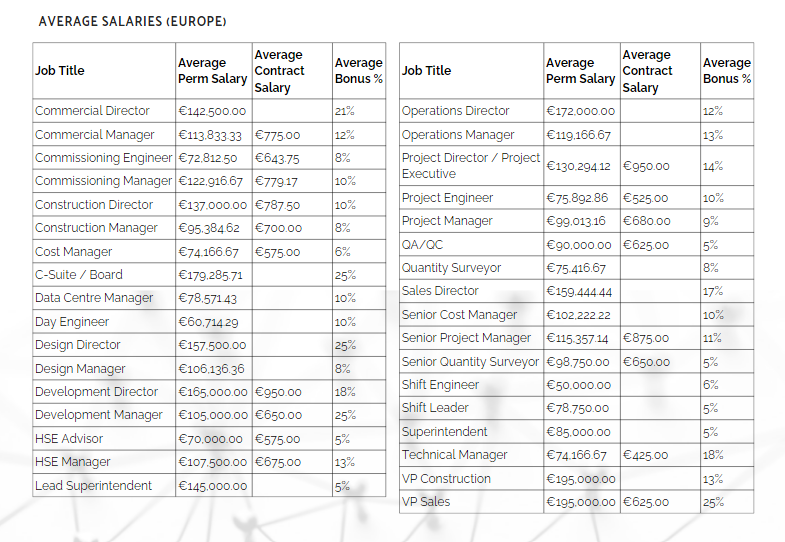
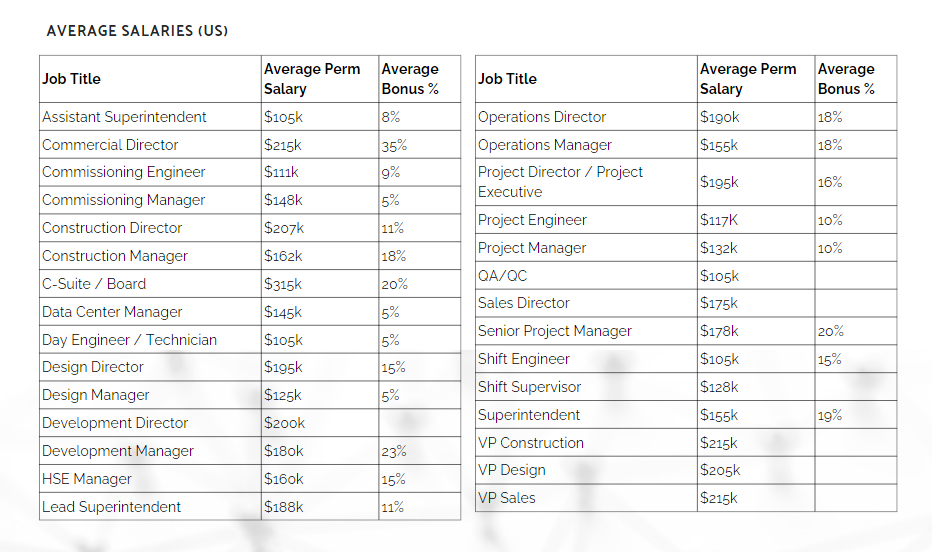

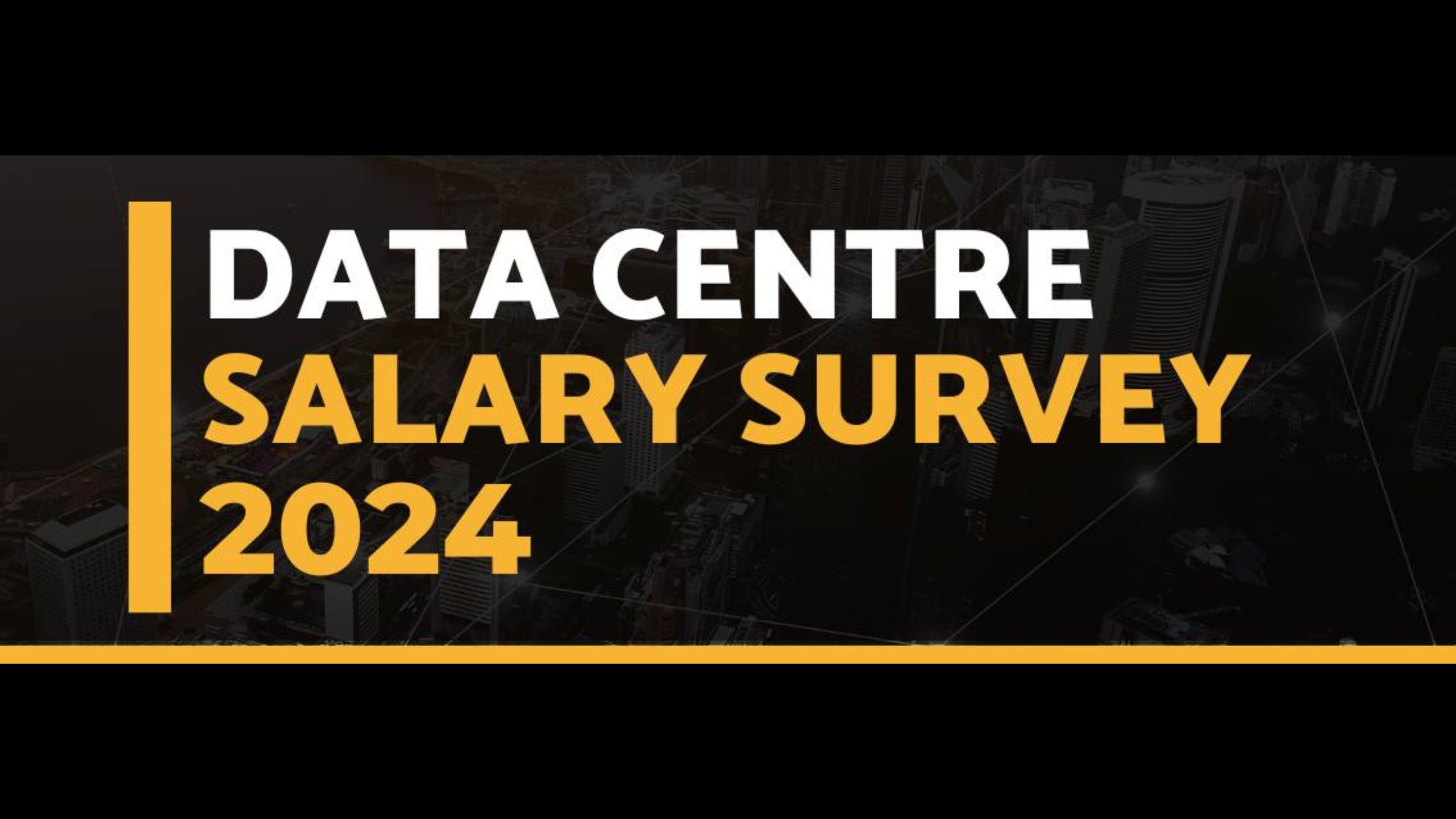
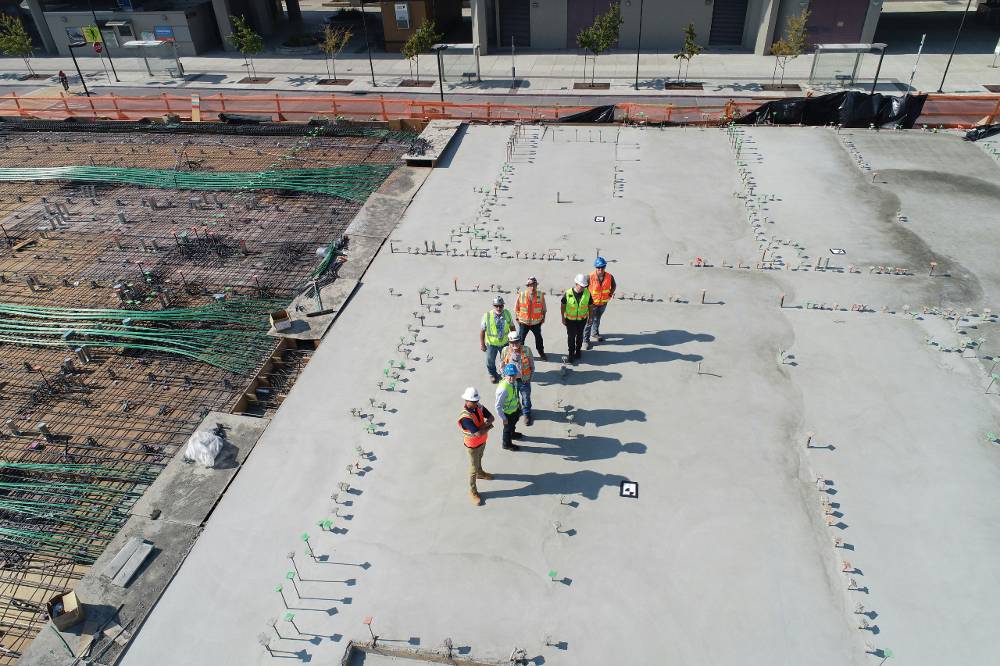

Leave a Reply